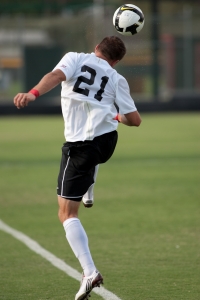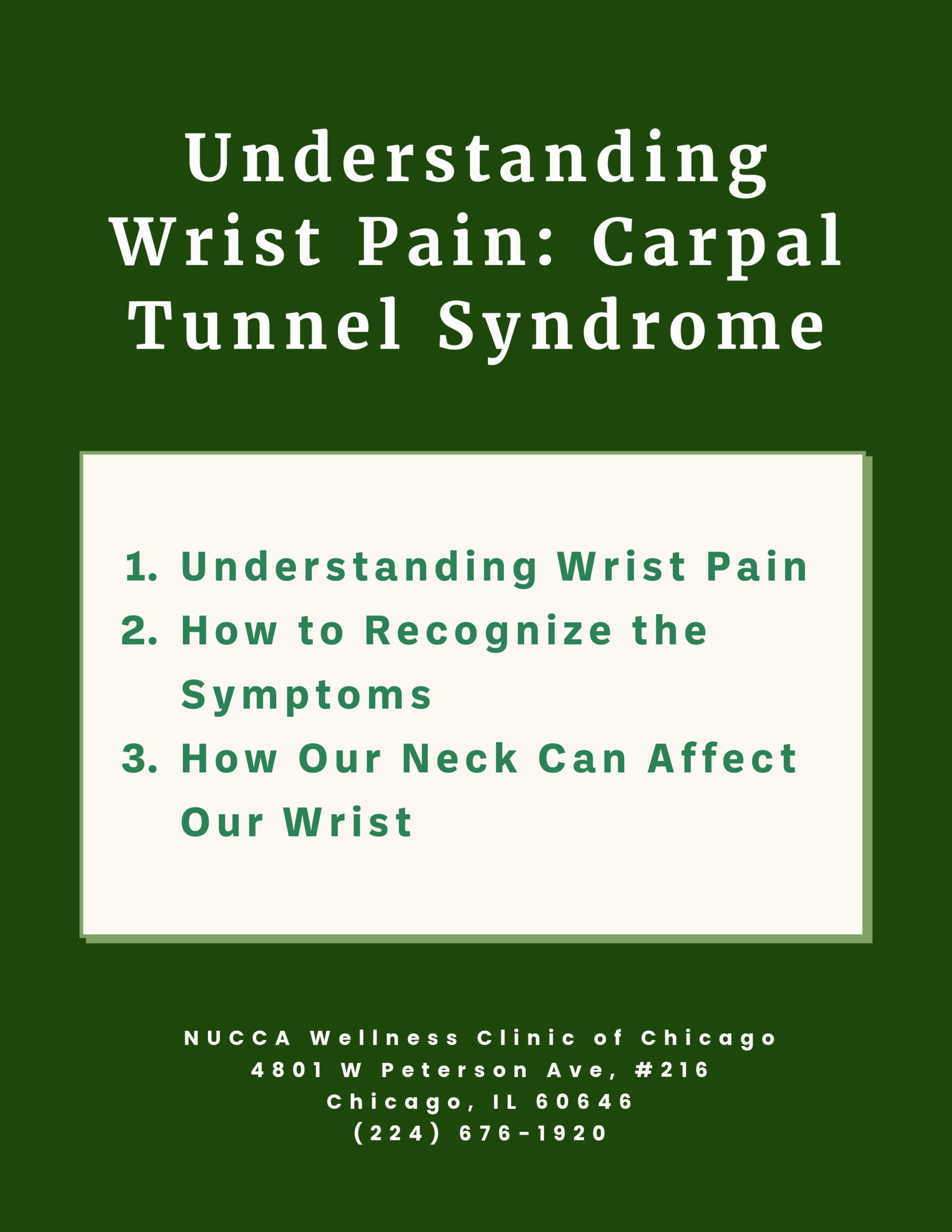 Mild Traumatic Brain Injuries and Soccer
Mild Traumatic Brain Injuries and Soccer
Fox and CBS news are reporting that repetitive heading of a soccer ball may be leading to brain injury. In the past decade, concern has been raised surrounding concussions and mild traumatic brain injuries sustained by football players and military personnel, as more and more studies have indicated that these injuries may have a lasting impact on cognition and memory. And now, another kind of athlete could potentially be at risk for similar types of brain abnormalities: Soccer players.
Utilizing advanced magnetic resonance imaging (MRI) techniques, researchers from the Albert Einstein College of Medicine in New York City found that numerous repetitions of the soccer move known as ‘heading,’ are associated with adverse brain changes comparable to those found in patients with traumatic brain injury (TBI).
According to Lipton, the lead researcher in the study active soccer players will head the ball an average of five to six times during a competitive match. But the real bulk of soccer heading happens during practice sessions, in which a player could repeatedly head the ball up to 30 times or more.
“Specifically soccer heading entails numerous repetitions of mild impact to the head,” said Lipton, who is also the medical director of MRI at Montefiore Medical Center in New York City. “My area is mild traumatic brain injury, so I look at how much does it take (to have a lasting effect). Soccer players are repeatedly hitting their head, and we know that multiple head injuries tend to be worse than just one.”
“The more heading people did, the more likely they were to have abnormalities of brain microstructure and worse cognitive performance,” Lipton said.
The research is published online in the journal Radiology.
Some of the most common symptoms of mild traumatic brain injury and post-concussion syndrome are:
- Cognitive problems (Inattention, memory loss, mental confusion, etc.)
- Headaches/Migraines
- Fatigue
- Insomnia/Sleep Disorders
- Dizziness/Vertigo
- Anxiety/Depresson
- Speech Problems
- Neck and Back pain
A Natural Approach
Dr. Erin Elster an upper cervical chiropractor and former WCA researcher of the year has posted several case studies about the effects of upper cervical misalignments on children who suffered head injuries resulting in traumatic brain injuries or mild spinal cord injuries. Here are summaries of two examples below:
An 8-year-old male fell hard on the school playground hitting his head. He had moments of tingling in his arms and legs when he fell and was diagnosed with a spinal cord injury by his physicians. He also began suffering from loss of bowel control and urgency and found himself rushing to the bathroom multiple times per day to avoid an accident. When the bowel problems continued 6 months later, his mother brought her son in for an upper cervical evaluation upon recommendation by a friend.
During this boy’s intial evaluation, an upper neck injury was discovered during digital infrared imaging and radiographic diagnostics. Most likely, the severe blow to his head caused the displacement of his skull slightly from his upper neck, injuring his spinal cord and causing the bowel malfunction. After his initial neck correction, normal bowel activity was restored quickly.
Here is another example…
A 6-year-old boy suffered a traumatic head injury when a television fell off of a cabinet and landed on his head while he was lying on the floor. The T.V. fell on top of his face causing multiple fractures around his eye. He required multiple surgeries to reconstruct his eye socket and his sinuses. Post-surgery, after the fractures had healed, his mother began to notice that her son’s personality and behavior had changed. He also had constant double vision and suffered continuous headaches as a result. They consulted with numerous physicians and neurologists who surmised these symptoms were permanent from the head injury and stated there was nothing they could do.
Upon recommendation from a friend, this mother brought her son in for an upper cervical chiropractic evaluation. An upper neck injury was discovered, most likely stemming from the head trauma. Within a few weeks of care, all double vision and headaches were absent and his mother described his personality as returning to normal.
When a child or adult has suffered a mild traumatic brain injury, or is suffering from post-concussion syndrome, it is extremely important that a thorough upper neck evaluation is conducted. If an upper neck misalignment is found and corrected many of the symptoms of MTBI or PCS have resolved.
To schedule your NUCCA evaluation, click here.
Want to hear from people like you? Check out our reviews here.
Dr. Young Chung of NUCCA Wellness Clinic of Chicago, with a location in Chicago and a 2nd location in Wheeling is an Upper Cervical Specialist trained by the National Upper Cervical Chiropractic Association (NUCCA). His upper cervical clinic also serves Northbrook, Long Grove, Lincolnshire, Buffalo Grove and Vernon Hills. He is uniquely trained to correct problems in the upper cervical spine (upper neck). This vital area is intimately connected to the central nervous system and problems in this area have been shown to be an underlying cause of a variety of different health problems, including migraines and other headaches, whiplash injuries, post-concussion syndrome. This type of care has also shown benefits for athletic performance and pregnancy outcomes. More information can be found on our website at http://www.NUCCAwellnessChicago.com/
NUCCA Wellness Clinic of Chicago
4801 W. Peterson Ave, Ste 216, Chicago, IL 60646
401 S. Milwaukee Ave, Ste 210, Wheeling, IL 60090
Call to schedule (224) 676-1920




